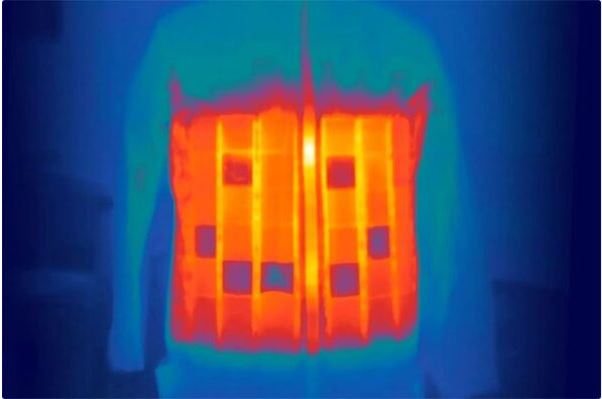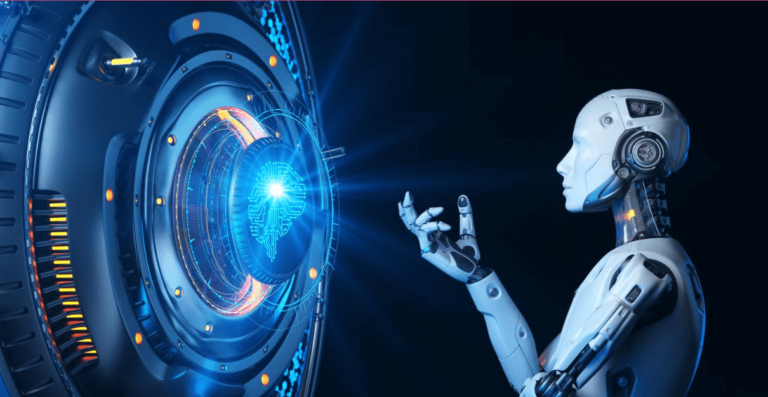While artificial intelligence is a hot topic of discussion, scientists are about to launch a type of intelligence that is 1,000 times stronger than AI.
The birth of AI (artificial intelligence) has greatly affected human life in the past decade. While the maturity of AI is still causing a lot of controversy, scientists have started to create a much more advanced type of intelligence. That is OI (organic intelligence).
Things to know about OI – Organic Intelligence
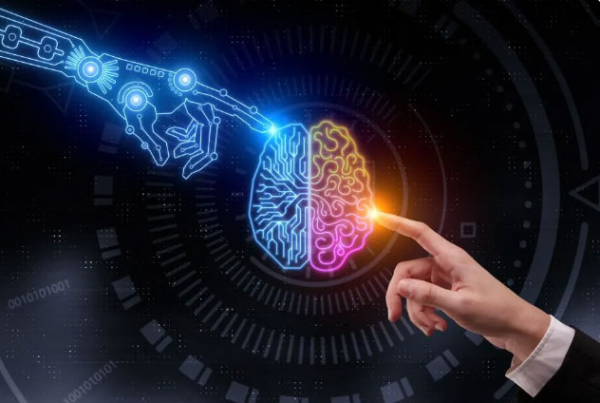
Organic intelligence is a form of artificial intelligence created from human brain cells. (Photo: Forbes)
Organic Intelligence, also known as Organic Intelligence (OI), is a form of artificial intelligence created from human brain cells. Scientists will use 3D culture technology and develop human brain cells. They will then use computing technology to train thinking and behavior and thereby create a hybrid entity between humans and machines called biocomputers or biocomputing technology. This program is carried out by researchers at John Hopkins University (USA).
Vision of the organic intelligence research project
According to Lena Smirnova, a researcher at John Hopkins University, the vision of the organic intelligence development project is to take advantage of the power of biological systems on living organisms to promote the fields of life sciences, biotechnology and computer science.
The research team is currently cultivating a “biobrain” developed from human brain cells in the laboratory. It looks like a small sphere made up of about 50,000 cells, with a nervous system the size of a fruit fly. But inside this object are brain cells firing through synapses and electrical impulses moving back and forth. At the current state of affairs, it could take scientists decades to scale this up to a brain system as intelligent as a mouse.

Scientists are cultivating a “biological brain” grown from human brain cells in the laboratory. (Photo: Forbes)
Scientists are developing biological computing using 3D platforms of human brain cells and brain-machine interface technology. These organs share tasks such as the structure and function of the brain in its primary role of learning and memory. In simple terms, they will act as biological hardware for machines.
The Highlights of Organic Intelligence
Thomas Hartung, a professor of environmental health sciences at Hopkins and the study’s lead author, said: “Today’s computers are no match for the human brain. The human brain has an incredible capacity for storing information: an average noggin can store about 2,500 terabytes, about 1,000 times more than the latest MacBook Air. While silicon-based computers are better at crunching numbers, the brain is better at learning. Not only that, they use much less energy than silicon.”
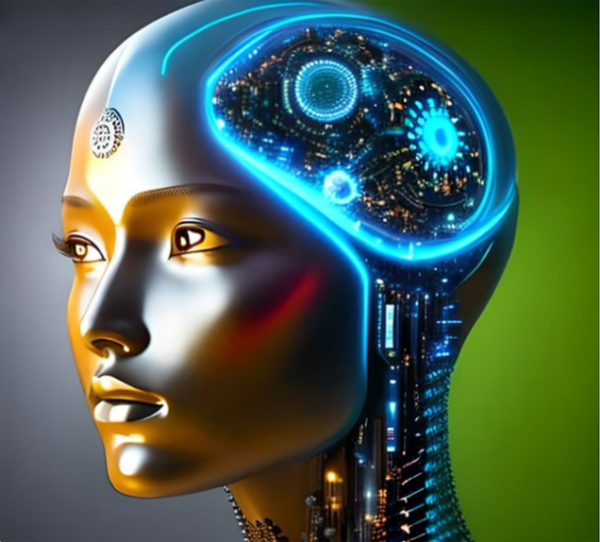
The brain has about 100 billion neurons linked through more than 1015 connection points. (Photo: Forbes)
The Frontier supercomputer in Tennessee, USA, cost up to $600 million and has an installed area of up to 631 thousand square meters. However, it was not until June last year that it surpassed the computing capacity of the human brain for the first time while consuming 1 million times more energy.
Also, silicon computers are reaching their physical limits because they cannot pack more transistors into a small chip, but the brain is completely different. It has about 100 billion neurons connected through more than 1015 connection points, and it is the perfect solution to upgrade the intelligence of machines.
What is the difference between OI and AI?
Some of the key differences between organic intelligence and artificial intelligence include:
- Learning: Organic intelligence has the ability to learn from experience and adapt to new situations, while AI requires explicit programming and training to learn.
- Creativity: Organic intelligence has the ability to generate novel and innovative ideas, while artificial intelligence is limited to the data it has been trained on.
- Emotion: Organic intelligence has the ability to experience and express emotions, while AI does not have emotions.
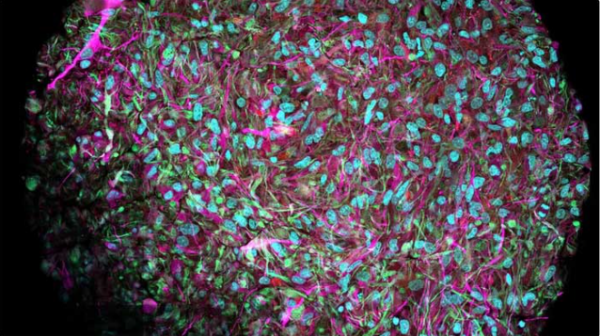
- Context: Organic intelligence has the ability to understand and operate in a complex context, while AI is limited to the specific tasks it has been programmed to perform.
- Adaptability: OI has the ability to adapt to new and changing environments, while AI requires reprogramming to adapt to new situations.
In short, organic intelligence and artificial intelligence are fundamentally different in their capabilities, limitations, and basic structures.
The Future of Organic Intelligence
It is clear that using organic intelligence can solve the problem of excessive energy consumption that supercomputers running on silicon semiconductor chips are facing. From the above comparison, we can see that although supercomputers are capable of processing numbers at the speed of light, organic intelligence is capable of handling more complex problems with much less energy consumption.
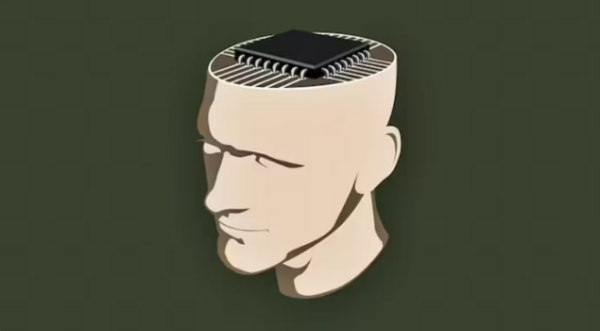
Scientists still have ambitions to soon launch organic intelligence technology many times more advanced than AI. (Photo: Forbes)
However, just like with AI, scientists are still worried about the potential risks to humanity if organic intelligence gets out of our control. Therefore, we still need independent scientists as well as bioethicists to monitor the activities of organic intelligence.
Fortunately, the Australian Cortical Lab says it has grown 800,000 brain cells in a dish, while to power a computer or store memory similar to the human brain, they need at least 10 million cells. However, scientists still have ambitions to soon launch organic intelligence technology many times more advanced than AI. If successful in the future, this bold technology could make current computer chips obsolete.




